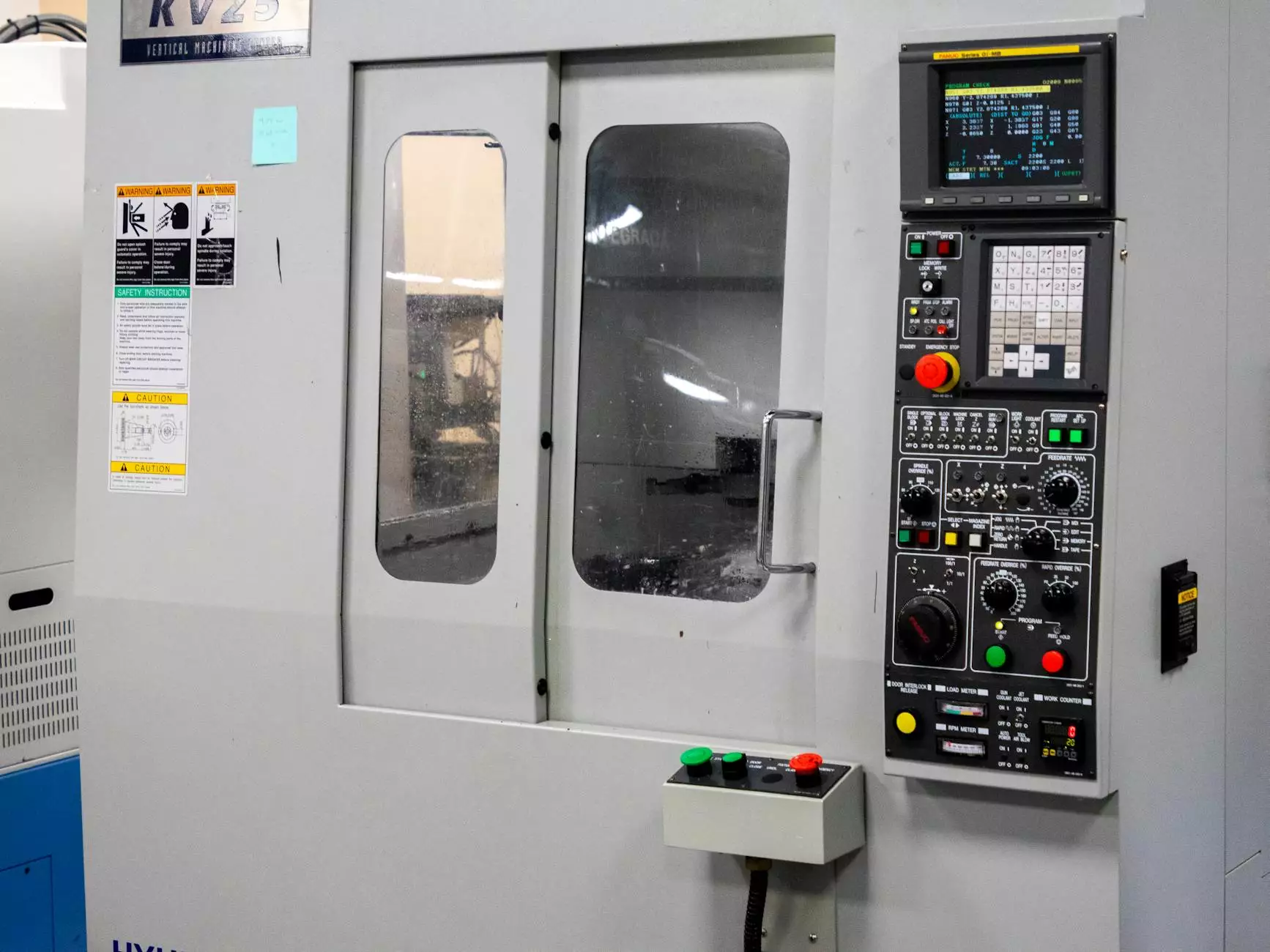Enhancing Accessibility: The Necessity of Toilets for Handicapped Persons

In today's world, accessibility is a vital aspect of public and private spaces. One of the most crucial components to consider is toilets for handicapped persons. These facilities are not merely conveniences; they are essential for ensuring dignity, safety, and independence for individuals with disabilities. In this comprehensive article, we will delve into the various dimensions of accessible toileting, its importance, and how it aligns with personal care services, home health care, and elder care planning.
The Importance of Accessible Toilets
Accessible toilets are designed with specific features that accommodate the needs of individuals with disabilities. The significance of these facilities cannot be overstated as they:
- Promote Independence: Accessible toilets enable individuals with disabilities to manage their personal care with dignity and autonomy.
- Enhance Safety: These facilities reduce the risk of injury by providing necessary support and space for safe navigation.
- Encourage Inclusion: Accessible toilets contribute to the overall inclusivity of public spaces, allowing people of all abilities to participate fully in society.
- Support Health and Hygiene: Properly designed accessible toilets facilitate better hygiene practices for those who may have difficulty with traditional facilities.
Key Features of Toilets for Handicapped Persons
Toilets that cater to handicapped individuals possess several essential features designed to accommodate their specific needs. These features include:
- Grab Bars: Strategically placed grab bars help individuals safely maneuver to and from the toilet.
- Wheelchair Accessibility: Sufficient space and appropriate height allow for easy transfer for those using wheelchairs.
- Lowered Sinks and Mirrors: Facilities that include sinks and mirrors at lower heights enable easier access for all.
- Easy-to-Use Fixtures: Lever handles and sensor-activated faucets and toilets provide ease of use for individuals with limited hand dexterity.
The Role of Personal Care Services
Personal care services are crucial in assisting individuals, particularly the elderly and those with disabilities, in maintaining their independence. One of the focuses of such services is ensuring the accessibility of personal hygiene facilities. By providing support in utilizing accessible toilets, personal care services help individuals with physical limitations perform everyday tasks with confidence and dignity.
Home Health Care Considerations
Home health care involves a range of medical, therapeutic, and personal assistance services. Within this context, the presence of a toilet for handicapped persons becomes an essential consideration. Home health care professionals can:
- Assess the need for home modifications to install or upgrade accessible toilets.
- Provide guidance on personal hygiene practices that are safe and effective.
- Coordinate with family members for the best practices in supporting their loved ones.
Elder Care Planning
As our loved ones age, it becomes critical to evaluate their living conditions, including the availability and accessibility of facilities such as toilets. Elder care planning should integrate the following aspects:
- Assessment of Needs: Determining the current and future needs of elderly individuals regarding personal hygiene and safety is paramount.
- Facility Modifications: Adjustments may need to be made to ensure that toilets and bathrooms are accessible.
- Emergency Protocols: Planning for emergencies in the bathroom can help prevent accidents and ensure quick assistance.
Community Initiatives and Accessibility Advocacy
Advocating for accessible toilets is not solely the responsibility of governmental bodies but also of community organizations and businesses. Websites like expressramps.com play a significant role in raising awareness and providing resources about accessible facilities. By collaborating with local governments, businesses, and community groups, advocates can:
- Work to implement wider standards for accessibility in public buildings.
- Encourage community awareness programs to educate others about the importance of accessible facilities.
- Promote funding for accessible renovations in older facilities.
The Future of Accessibility in Toilets
The emphasis on accessibility is gradually reshaping how public spaces are designed. Emerging technologies and innovative designs are creating more improved and user-friendly environments. Future developments may include:
- Smart Toilets: Integrated technology that customizes the experience based on individual needs.
- Eco-Friendly Solutions: Sustainable materials and water-saving technologies in accessible toilet design.
- Universal Design Principles: A shift towards designs that accommodate all users, regardless of their ability.
Conclusion
In conclusion, the need for toilets for handicapped persons spans beyond simple necessity to encompass dignity, safety, and independence. As we advance as a society, recognizing and implementing accessible solutions should be at the forefront of our efforts in personal care services, home health care, and elder care planning. By advocating for and investing in accessible toilets, we not only improve the quality of life for individuals with disabilities but also foster an inclusive environment that values every member of the community. Let us unite in promoting accessibility and ensuring that everyone has the opportunity to thrive.
Call to Action
If you are involved in personal care services, home health care, or elder care planning, consider how you can improve accessibility in your facilities or your loved ones' homes. Visit expressramps.com to learn more about the resources available and join the movement towards a more inclusive society.









